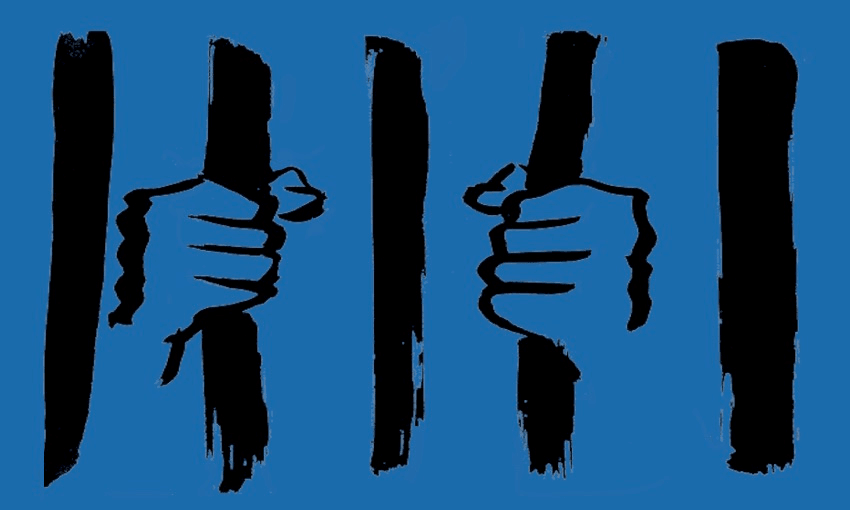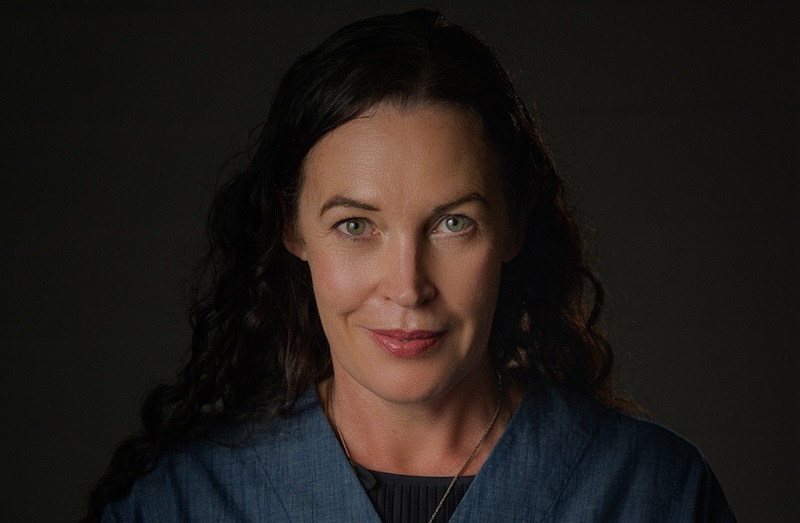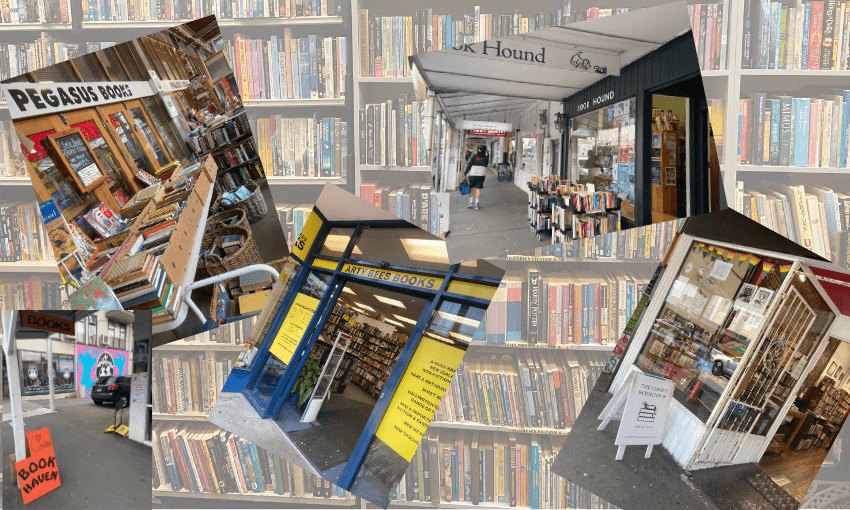The Labour Party is calling on the opposition to “come clean” over how it would fund major roading projects up and down the country.
Yesterday, David Parker – in his capacity as transport minister – unveiled the government’s long-term priorities for roading and transport infrastructure, including new busways, train lines and major new motorways.
It would be paid for, in part, by “modest” increases to fuel tax – four cents per year – alongside billions in other funding.
But, as detailed in The Bulletin, National took aim at the proposed tax rise and said it wouldn’t do the same until inflation is back below 3%. (Labour then retaliated, saying that inflation is due to be back below 3% at about the same time as the proposed fuel tax rise would come into place – something of an own goal).
Speaking to RNZ this morning, Parker said that people wanted reduced traffic congestion and understood that it needed to be paid for somehow. “Of course we have to spend more on maintenance… we’ve already pumped a billion dollars extra into that this year and road users have to pay part of that,” he said.
He doubled down on his criticism of National, asking how it would propose to pay for roading projects without asking the public for a little extra. “The National Party say that they’re not going to increase these fuel taxes: Well how are they going to pay for it? Is it magic money? How would you pay for it,” he asked RNZ host Corin Dann.
When it was suggested that more tolls could be used, Parker noted that National had opposed a toll being used on the Penlink extension north of Auckland. “I actually agree some roads should be tolled but you can’t do that for general road maintenance or to recover your public transport costs.”
As for whether the government would choose not to act on raising fuel tax should inflation not lower to predicted levels – or whether they may actually remove fuel excise again – Parker said he didn’t think that would be the case. “I’ve got great confidence that inflation is already coming down and it’s predicted by the Reserve Bank by September next year to be in the 1% to 3% range,” he said.





















Discussion about this post